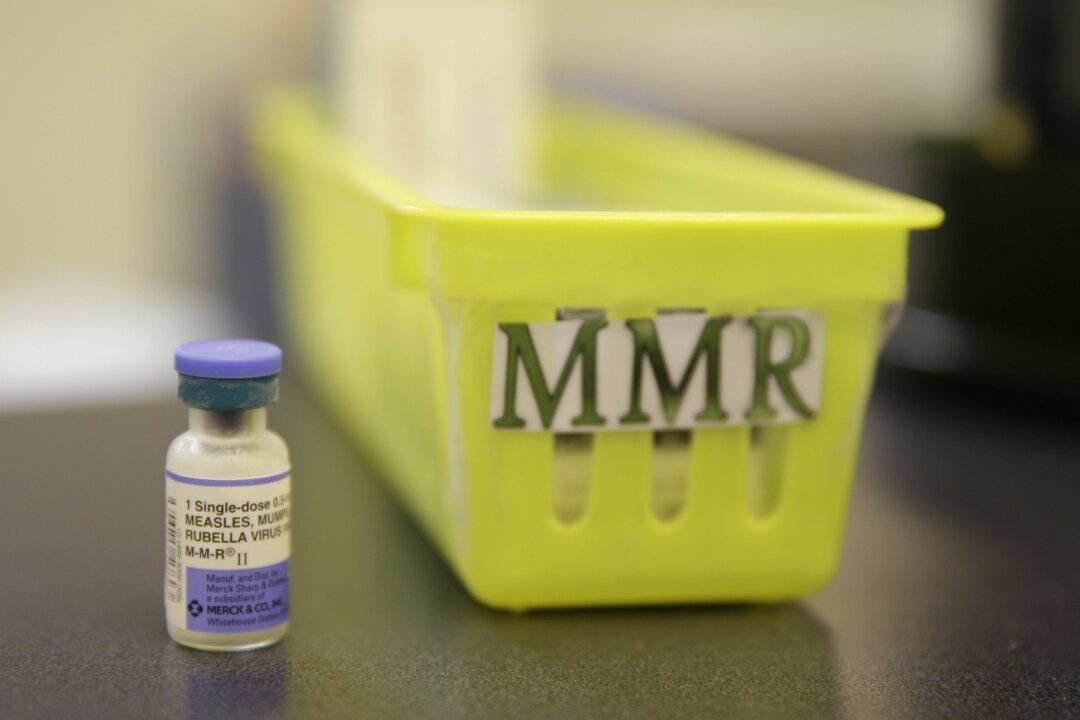Some councils in England have written to parents, telling them unvaccinated pupils who come into contact with a measles case could be asked to self-isolate for 21 days.
The letters were aimed at urging parents to get their children up-to-date with the measles vaccine (MMR) after the UK Health Security Agency (UKHSA) said there has been a rise in cases this year.





